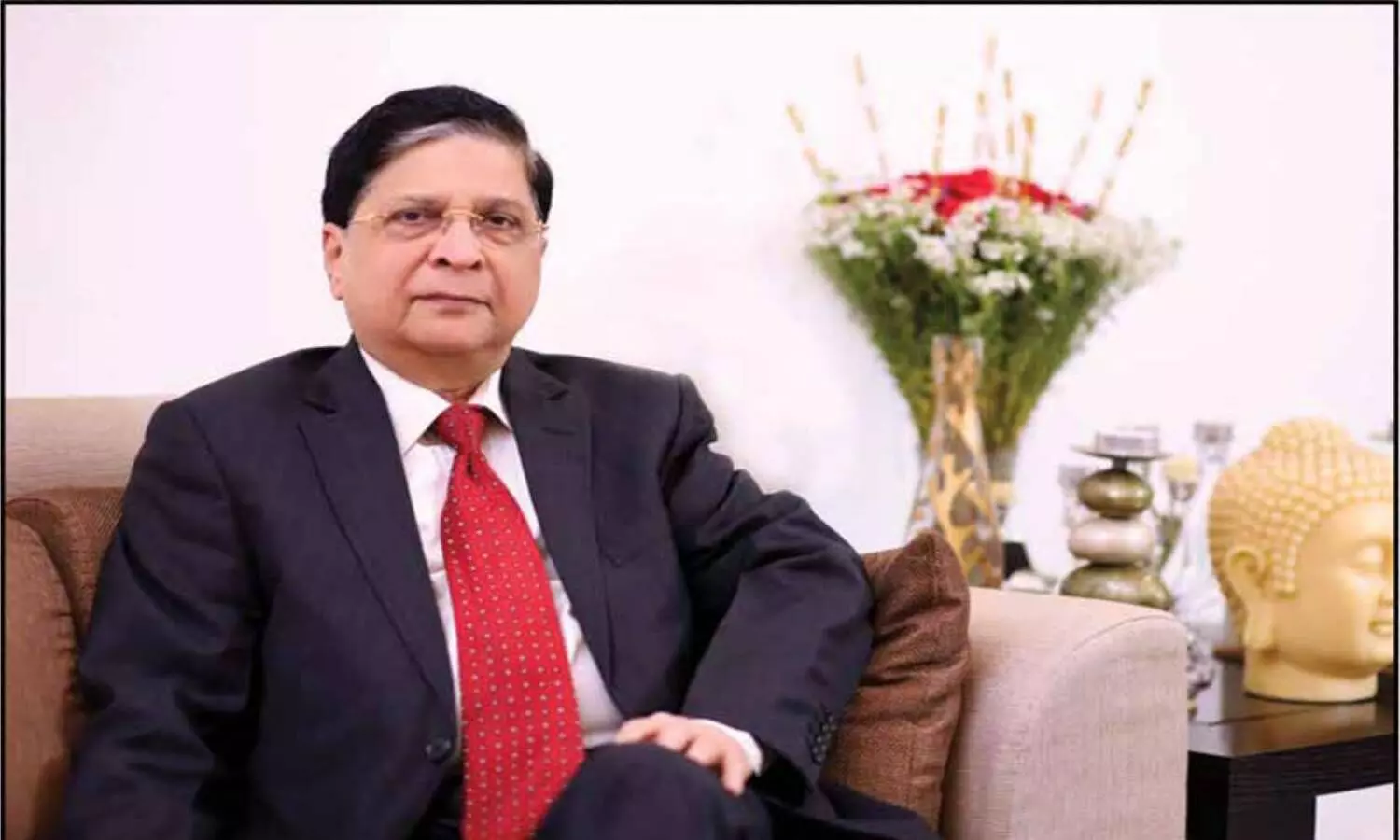FOREWORD

Presentation of bouquet of profiles of distinguished lawyers, at first glance, may seem to be quite easy buy when one reads them with studied keenness and a sense of objective understanding, the nuanced analysis of each individual protagonist in the field of law makes one feel that he is in the company of people who have acted with immense-rigour and passionate concern for development of law and als to ensure that the cause of justice is served. they remind all how they have served the majesty of law with consistency.
The profession of law commands a noble bearing that is both individualistic and representative of collective values that the lawyers as a community enjoy. Alexis de Tocqueville reminds:
“The profession of law is the only aristocratic element which can be amalgamated without violence with the natural elements of democracy, and which can be advantageously and permanently combined with them.”
The profile of some lawyers is bound to ring the tone that they are eminent jurists and their contributions to law can never be forgotten. Lawyers like Mr. F.S. Nariman, Mr. Soli Sorabjee, Mr. K. Parasaran, Mr. K.K. Venugopal and Mr. Harish Salve stand tall being the epitome of excellence. each student of law, while conceiving the idea of excellence in law, should remember the words of Daniel Webster:
“Accuracy and diligence are much more necessary to a lawyer than great comprehension of mind, or brilliance of talent. His business is to refine, define, split hairs, look into authorities, and compare cases. A man can never gallop over the fields of law on Pegasus, nor fly across them on the wings of oratory, if he would stand on terra firma, he must descend. If he would be a great lawyer, he must first consent to become a great judge”
The delineation in the book takes note of the contribution of lawyers who lead a group and render constant assistance to solve the problems of industrial houses and the entities that need to be guided on every occasion so that the do not fall on the wrong side of the law.
The profiles project how eminent lawyers have acted in serving the fundamental objective of alternate dispute resolution process. The distinction, a reader is obliged to think, is because of dedicated service to law and rendering continued assistance to get justice for the people. the reader is also bound to feel that the eminence conferred is due to multifaceted activities involved with law, Rule of law and participation at platforms associated with human rights. A student of philosophy of law would recollect the words of Robert B. McKay:
“Lawyers are trained to perform this important service better than others, and their work in this connection is indispensable to the smooth functioning of nearly every aspect of modern life.”
The book, I am inclined to think, acquaints the reader with the personalities of the legal world who serve the “Jealous Mistress” quite zealously and keep the spirit of law alive in their arteries every moment.
Their illustriousness in the society comes from their special understanding of a lawyer’s responsibility towards the Rule of Law that alone can sustain peace, progress, amity and harmony ostracizing anarchy. they stand for the Rule of Law as John. F. Kennedy would say:
“Certain other societies may respect the rule of force - we respect the rule of law.”
The compendium on distinguished Legal Minds arouses curiosity. The Reader is Bound to develop a keenness to know more about the individuals who courageously fight every moment to travel to the next level to show creative intelligence, focused awareness and intellectual energy. They remind what Plato had said:
“Excellence is not a gift, but a skill that takes practice. We do not act ‘rightly’ because we are ‘Excellent’, infact we achieve ‘Excellence’ by acting ‘rightly’.”
The success, distinction and excellence that some have earned in the field of law shall always remind a reader, if he dives deep, that they have played their roles with nobility for social and economic change. They are the driving forces behind the sustenance of a democratic society.
They remind us, as Alexander Hamilton tell us, “The first duty of society is justice.”
The book mildly opens the door to the corporate world that plays a proactive and robust role in the policy formulation in the country by shaping the economic policies. Lawyers in the corporate world train the young minds. The advocated involved in litigation and the lawyers engaged in the corporate world in certain firms impart continuous education. The constant effort of both is to see that the stream of justice remains unsullied. They tell the modern world what Oliver Wendell Holmes had said almost a century back:
“...If education could make men realise that you cannot produce something out of nothing and make them promptly detect the pretense of doing so.... i should think it has more than Paid for itself”
I must say without any reservation that Ms. Aakriti Raizada has done an excellent task in compilation of this compendium on “Distinguished Legal Minds of India.” The book shall be a searched one in any library and also an attractive read in the private study of and avid reader. That apart, it is bound to be a “conversational piece” in the living room of an intellectual aristocrat.
